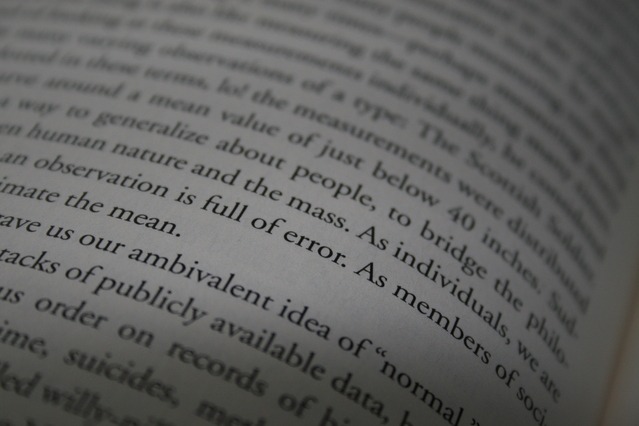
Pay attention to your written style to help you get your next job
Not everyone can be a brilliant writer but the ability to write professionally and clearly for business is something we all need to cultivate, even if we don’t expect to use the written word much in our day-to-day work. Everyone sends emails!
When applying for a job, as much attention should be paid to the written part as to other aspects. When you attend an interview, of course you take extra care that your appearance is smart and your clothes carefully chosen. How much attention do you apply to your written submission? There is nothing worse than a typo that stands out in an otherwise well-crafted letter. What does that say about you? It means you did not check your work well enough before you sent it off. It says you didn’t give it 100%, and maybe you don’t want the job that much.
Typos abound, even in major headings, and text that is properly spelt and well-worded is comparatively rare. Recently I saw a reference to ‘improper grammer’ – the writer had not even bothered to do a spell check on the word ‘grammar’. Shakespeare was referred to on a website as a ‘playwrite’ rather than a ‘playwright’. By ensuring your writing reads well and is typo-free you have already made an impression.
There are many common typos. Do you recognise any of these?
- its (indicating ownership) / it’s (meaning ’it is’)
- affect (meaning ‘influence’) / effect (meaning ‘bring about’)
- lose (verb, ‘to lose something’) / loose (adjective meaning ‘slack’ or ‘unfastened’)
- your (you own something) / you’re (you are …)
- lay (as in ‘lay down the law’) / lie (as in ‘lie down’)
As well as checking for typos, ensure that you –
- Get the correct spelling of the name of the HR manager or person you are writing to – best to phone and check
- Avoid jargon – use simple language wherever possible
- Remove generic phrases such as ‘I will bring a depth of experience …’ – better to be specific and to the point
- Avoid over-long sentences – split them in two, so it’s easier to read and keep the reader’s attention
- Use businesslike language – being too informal does not create a relationship with someone you don’t know, it distances them
- Write only what is absolutely relevant to the application, not War and Peace
- Above all, write your own words, not someone else’s – your personality will shine through and shine all the brighter at the interview
Once you have written the letter and finished composing the CV, don’t rely on a spell check ( which does not catch everything anyway), ask a friend or family member to read them too. They may pick up errors you did not spot. These could be errors in style or misleading sentences, not just typos. Another idea is to go away and do something else for an hour or two, then come back and read what you’ve written with a fresh perspective.
It’s also a good idea to talk to an experienced recruitment adviser. Radcliffe Gower offer an outplacement service and as part of this will advise on preparing your CV to help you obtain a new role.
An important part of the process is to ensure the letter and CV are visually appealing. The content should be well laid out on the page, with sufficient line spacing. The headings should be balanced (not too many, nor too long) and there should be generous margins. The effect should be to convey an impression of clarity not clutter, and to make the reader want to read what you have written.
Your choice of typeface will contribute to the overall effect. There are many typefaces, but do not be tempted to use a quirky or offbeat typeface – this is more likely to create the wrong impression. Stick to classic serif typefaces like Times New Roman or use contemporary sans-serif typefaces like Arial or Verdana. They are easier to read and more businesslike.
If you are sending multiple applications to different prospective employers, by all means use the first letter as a template. BUT make very sure that, as well as customising the content to match the requirements of potential employers, you ensure that all references to names, titles and the company you are applying to have been checked and changed! One incorrect reference or misspelt name could send you straight to the out tray.
One last piece of advice. Two words often missing from job applications and other business letters are the words thank you.
Adding a phrase such as ‘thank you for taking the time to consider my application’ at the end costs you nothing and shows respect and courtesy. A positive note on which to end and it creates goodwill.
Useful Sources
Polish Your Writing to Professionalism; Three Tips for Self-Editing
Writing Skills: Getting Your Written Message Across Clearly
Business English: The Writing Skills You Need for Today’s Workplace




This Post Has 0 Comments